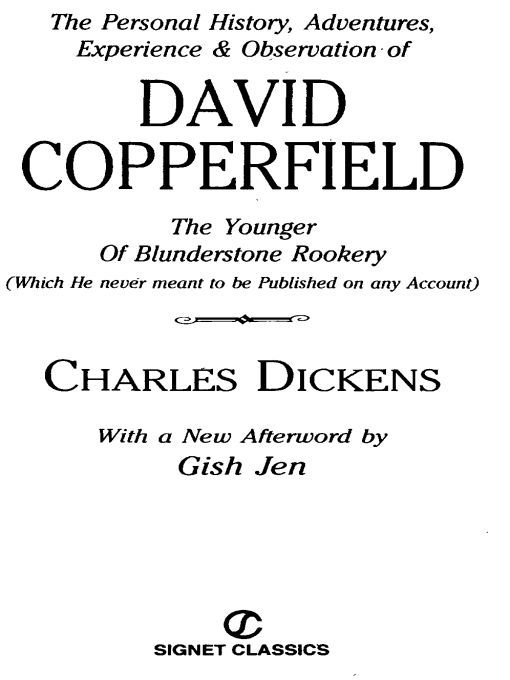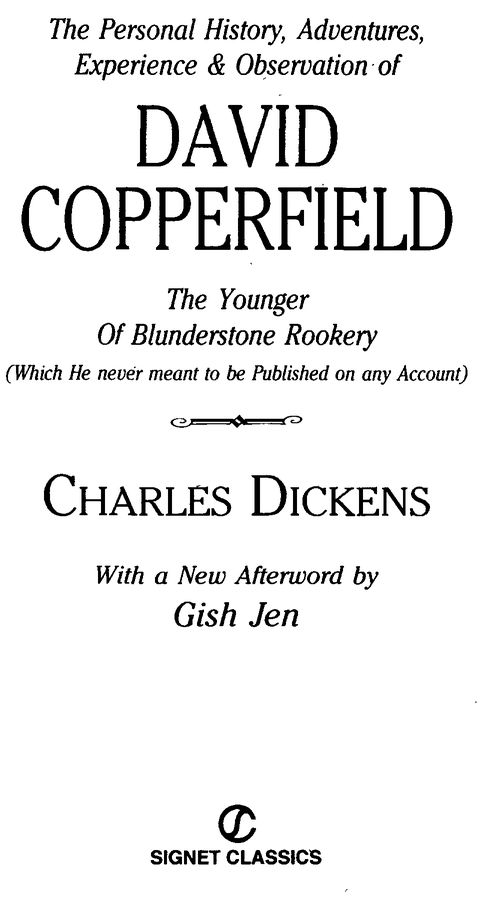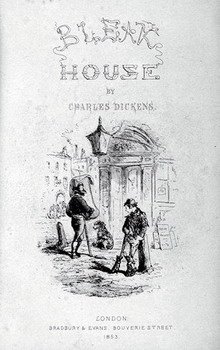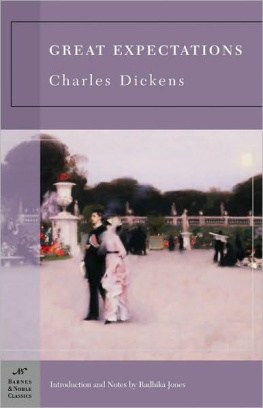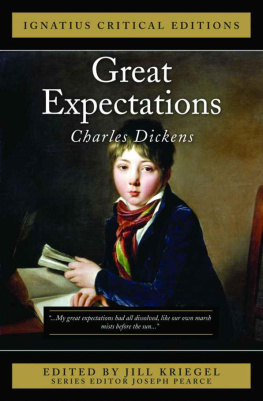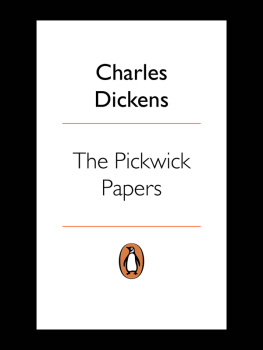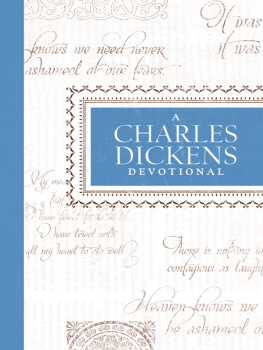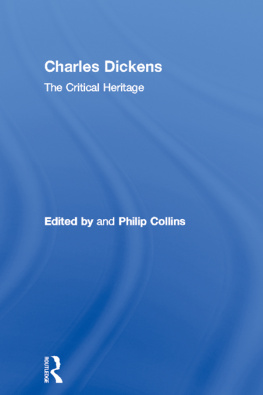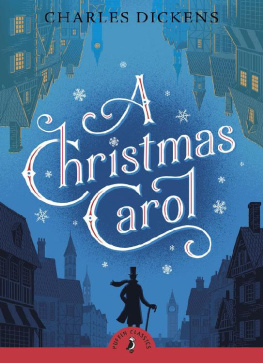Table of Contents
As a child, Charles Dickens (1812-70) came to know not only hunger and privation, but also the horror of the infamous debtors prison and the evils of child labor. A surprise legacy brought release from the nightmare of prison and slave factories and afforded Dickens the opportunity of two years formal schooling. He taught himself shorthand and worked as a parliamentary reporter until his writing career took off with the publication of Sketches by Boz (1836) and The Pickwick Papers (1837). As a novelist and magazine editor, Dickens had a long run of serialized success through Our Mutual Friend (1864-65). In later years, ill health slowed him down, but he continued his popular dramatic readings from his fiction to an adoring public, which included Queen Victoria. At his death, The Mystery of Edwin Drood remained unfinished.
Gish Jen was born in New York, New York, and graduated from Harvard University. She is the author of the novels Typical American (1991), Mona in the Promised Land (1996), and The Love Wife (2004), as well as the short story collection Whos Irish? (1999). Her shorter work has appeared in The New Yorker, The New Republic, and The New York Times, and in The Best American Short Stories of the Century.
A Note on the Text
STRANGELY THIS IS THE FIRST TIME THAT DAVID COPPERFIELD has appeared almost in its entirety as Charles Dickens wrote it. The explanation, however, is simple. Like all except five of his novels, it originally came out as a monthly serial (between May 1849 and November 1850) in pamphlets having thirty-two pages of text. Sometimes, in setting up a number in type, it was found to be too long; Dickens dealt with the problem by making cuts. There was no implication that he thought the deleted passages badthey were merely dispensable. But when the book was published later in bound volumes, they were not reinsertedperhaps Dickens had merely forgotten them.
Most of them seem to the editor well worth restoring. Except for a very small number of exceedingly brief ones, they are therefore printed in this edition as they appear in the original manuscript in the John Forster Collection of the Victoria and Albert Museum. Their text we owe to the generous aid of John Butt, Regius Professor of Rhetoric and English Literature at the University of Edinburgh. To distinguish them from their contents, they are set off by square brackets.
All the great body of the text is taken from the Charles Dickens Edition of 1868-70, which Dickens himself revised for the press, striking out or altering occasional words and making other changes. A few obvious errors that escaped him have been corrected.
The editor has also thought that readers would find it useful to know where each of the original monthly installments ended. These have consequently been indicated by a row of asterisks.
Preface to
The Charles Dickens Edition
I REMARKED IN THE ORIGINAL PREFACE TO THIS BOOK THAT I DID not find it easy to get sufficiently far away from it, in the first sensations of having finished it, to refer to it with the composure which this formal heading would seem to require. My interest in it was so recent and strong, and my mind was so divided between pleasure and regretpleasure in the achievement of a long design, regret in the separation from many companionsthat I was in danger of wearying the reader with personal confidences and private emotions.
Besides which, all that I could have said of the Story, to any purpose, I had endeavoured to say in it.
It would concern the reader little perhaps, to know how sorrowfully the pen is laid down at the close of a two years imaginative task; or how an Author feels as if he were dismissing some portion of himself into the shadowy world, when a crowd of the creatures of his brain are going from him for ever. Yet, I had nothing else to tell; unless, indeed, I were to confess (which might be of less moment still), that no one can ever believe this Narrative, in the reading, more than I believed it in the writing.
So true are these avowals at the present day that I can now only take the reader into one confidence more. Of all my books, I like this the best. It will be easily believed that I am a fond parent to every child of my fancy, and that no one can ever love that family as dearly as I love them. But, like many fond parents, I have in my heart of hearts a favorite child. And his name is DAVID COPPERFIELD.
1869
CHAPTER I
I Am Born
WHETHER I SHALL TURN OUT TO BE THE HERO OF MY own life, or whether that station will be held by anybody else, these pages must show. To begin my life with the beginning of my life, I record that I was born (as I have been informed and believe) on a Friday, at twelve oclock at night. It was remarked that the clock began to strike, and I began to cry, simultaneously.
In consideration of the day and hour of my birth, it was declared by the nurse, and by some sage women in the neighbourhood who had taken a lively interest in me several months before there was any possibility of our becoming personally acquainted, first, that I was destined to be unlucky in life, and secondly, that I was, privileged to see ghosts and spirits: both these gifts inevitably attaching, as they believed, to all unlucky infants of either gender born towards the small hours on a Friday night.
I need say nothing here on the first head, because nothing can show better than my history whether that prediction was verified or falsified by the result. On the second branch of the question, I will only remark that, unless I ran through that part of my inheritance while I was still a baby, I have not come into it yet. But I do not at all complain of having been kept out of this property, and if anybody else should be in the present enjoyment of it, he is heartily welcome to keep it.
I was born with a caul, which was advertised for sale, in the newspapers, at the low price of fifteen guineas. Whether sea-going people were short of money about that time, or were short of faith and preferred cork jackets, I dont know; all I know is that there was but one solitary bidding, and that was from an attorney connected with the bill-broking business, who offered two pounds in cash and the balance in sherry, but declined to be guaranteed from drowning on any higher bargain. Consequently the advertisement was withdrawn at a dead lossfor as to sherry, my poor dear mothers own sherry was in the market thenand ten years afterwards the caul was put up in a raffle down in our part of the country, to fifty members at half-a-crown a head, the winner to spend five shillings. I was present myself, and I remember to have felt quite uncomfortable and confused at a part of myself being disposed of in that way. The caul was won, I recollect, by an old lady with a hand-basket, who, very reluctantly, produced from it the stipulated five shillings, all in halfpence, and twopence halfpenny shortas it took an immense time and a great waste of arithmetic to endeavour without any effect to prove to her. It is a fact which will be long remembered as remarkable down there, that she was never drowned, but died triumphantly in bed, at ninety-two. I have understood that it was, to the last, her proudest boast that she never had been on the water in her life, except upon a bridge, and that over her tea (to which she was extremely partial) she, to the last, expressed her indignation at the impiety of mariners and others, who had the presumption to go meandering about the world. It was in vain to represent to her that some conveniences, tea perhaps included, resulted from this objectionable practice. She always returned, with greater emphasis and with an instinctive knowledge of the strength of her objection, Let us have no meandering.

